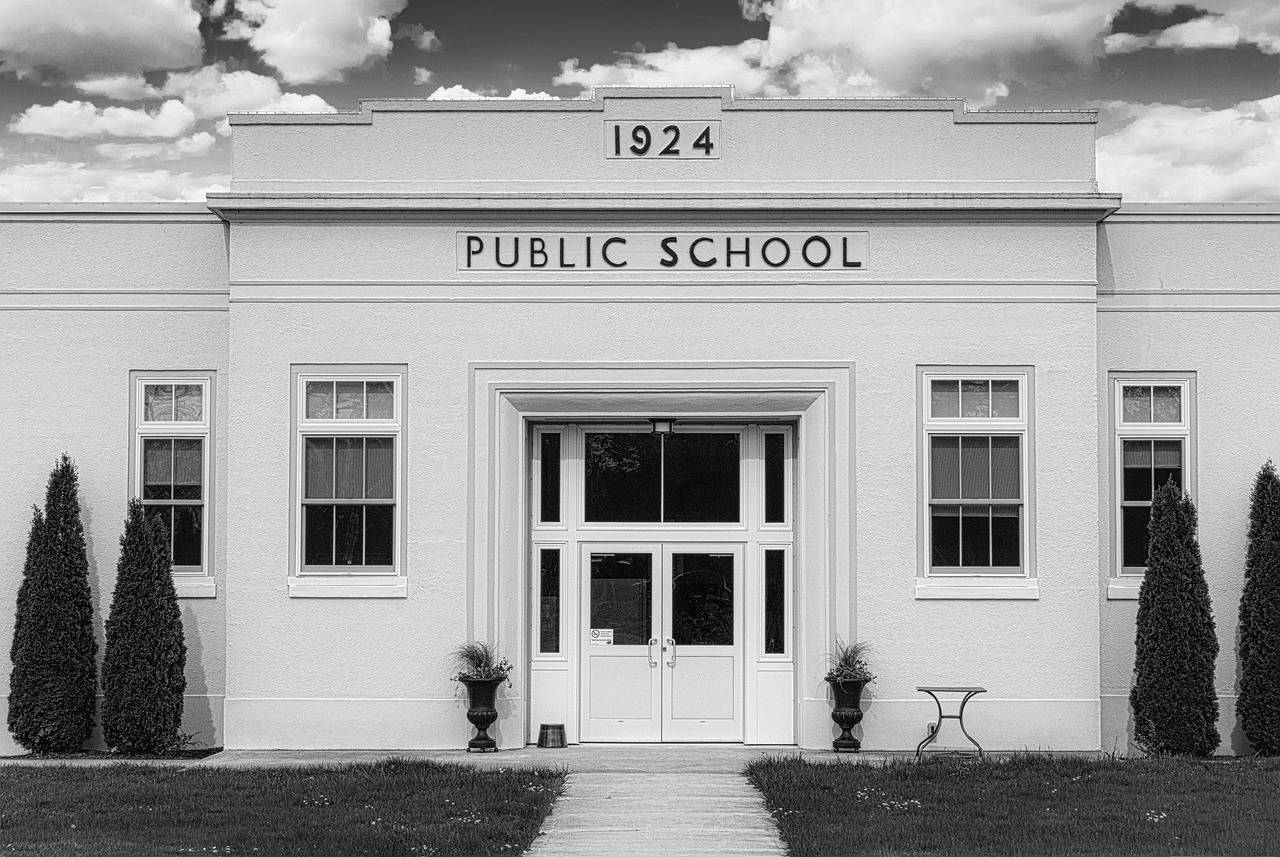Exploring Alternative Education Pathways
In alternative education philosophy, the focus lies on providing a more personalized and student-centered approach to learning. This method aims to cater to the individual needs and interests of each student, allowing for a more tailored educational experience. Instead of a one-size-fits-all approach, alternative education values diversity and flexibility in teaching methods.
By moving away from traditional classroom settings and standardized curriculum, alternative education philosophy encourages creativity, critical thinking, and self-directed learning. Students are often encouraged to explore topics of interest, engage in hands-on experiences, and collaborate with their peers to foster a deeper understanding of the subject matter. This approach not only helps students develop a passion for learning but also prepares them for real-world challenges and opportunities beyond the walls of a traditional classroom.
Benefits of Non-Traditional Learning
Students in non-traditional learning environments have the opportunity to explore subjects in a more hands-on and creative way. This interactive approach fosters a deeper understanding and appreciation for the material, leading to better retention of knowledge and improved critical thinking skills. By engaging students in active learning experiences, non-traditional education can cater to individual learning styles and preferences, enhancing the overall learning experience.
Furthermore, non-traditional learning encourages students to take ownership of their education and pursue topics that genuinely interest them. This self-directed learning empowers students to set their own pace and focus on areas where they excel, creating a more personalized and fulfilling educational journey. As a result, students often develop a stronger sense of motivation and autonomy, leading to increased confidence and a lifelong passion for learning.
What is alternative education philosophy?
Alternative education philosophy is a non-traditional approach to learning that focuses on individualized instruction, project-based learning, and holistic development of students.
What are the benefits of non-traditional learning?
Non-traditional learning allows for personalized learning experiences, fosters creativity and critical thinking, promotes self-directed learning, and accommodates diverse learning styles.
How does non-traditional learning differ from traditional learning?
Non-traditional learning differs from traditional learning in its approach to teaching and learning, emphasis on student-centered instruction, and flexibility in curriculum design.
Can non-traditional learning be effective for all students?
Non-traditional learning can be effective for all students, as it can cater to individual needs, interests, and abilities, allowing for a more engaging and meaningful learning experience.
Are there any drawbacks to non-traditional learning?
While non-traditional learning offers many benefits, some potential drawbacks include the need for self-motivation, limited resources in certain settings, and challenges in assessing students’ progress.
How can educators incorporate non-traditional learning methods in their classrooms?
Educators can incorporate non-traditional learning methods in their classrooms by embracing project-based learning, implementing personalized learning plans, integrating technology, and creating a flexible learning environment.





